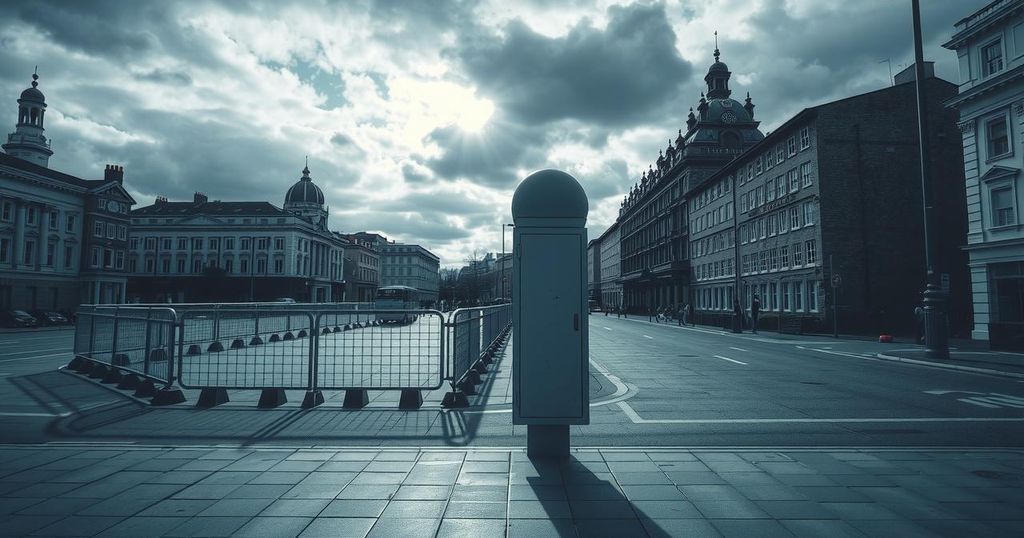President Javier Milei is intensifying measures against anti-government protests, labeling a recent demonstration as a ‘coup d’état.’ His government aims to ban certain groups amid widespread discontent over austerity measures that, while leading to a budget surplus, have angered many citizens. The upcoming legislative elections in October could make or break his presidency as tension mounts.
In an urgent response to anti-government demonstrations, Argentine President Javier Milei has proposed legislation to classify certain protesting groups as “illegal associations.” This decision follows a protest rally deemed violent, where pensioners and football fans voiced their objections against Milei’s stringent austerity measures, which aim to address the nation’s fiscal challenges.
Milei’s administration has implemented significant cuts to subsidies that many citizens heavily depend on, inciting widespread discontent. Despite this backlash, the austerity measures have resulted in Argentina’s first budget surplus in 14 years, garnering praise from international financial institutions crucial to the nation’s economic recovery.
However, the implications of these protests extend to the political sphere, as they threaten to undermine Milei’s presidency. With legislative elections approaching in October, the turbulence surrounding these demonstrations could play a pivotal role in shaping the future of Argentina’s governance.
President Javier Milei’s proposed crackdown on protests reflects his administration’s reaction to public dissent against severe austerity measures. While these financial reforms have led to a budget surplus, they have also sparked substantial public unrest. The looming legislative elections further complicate Milei’s situation, as maintaining political stability becomes essential for his governance.
Original Source: www.semafor.com




